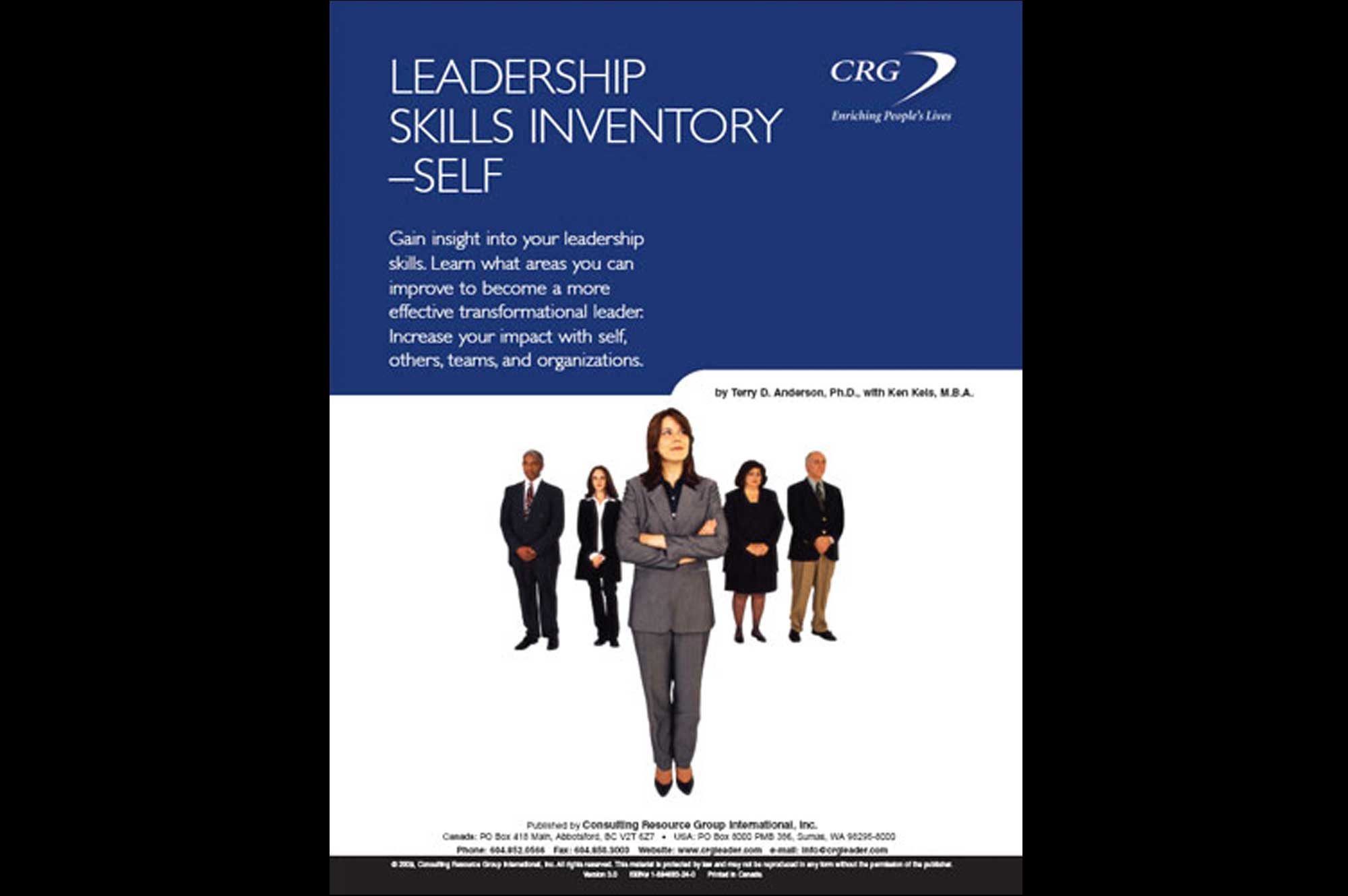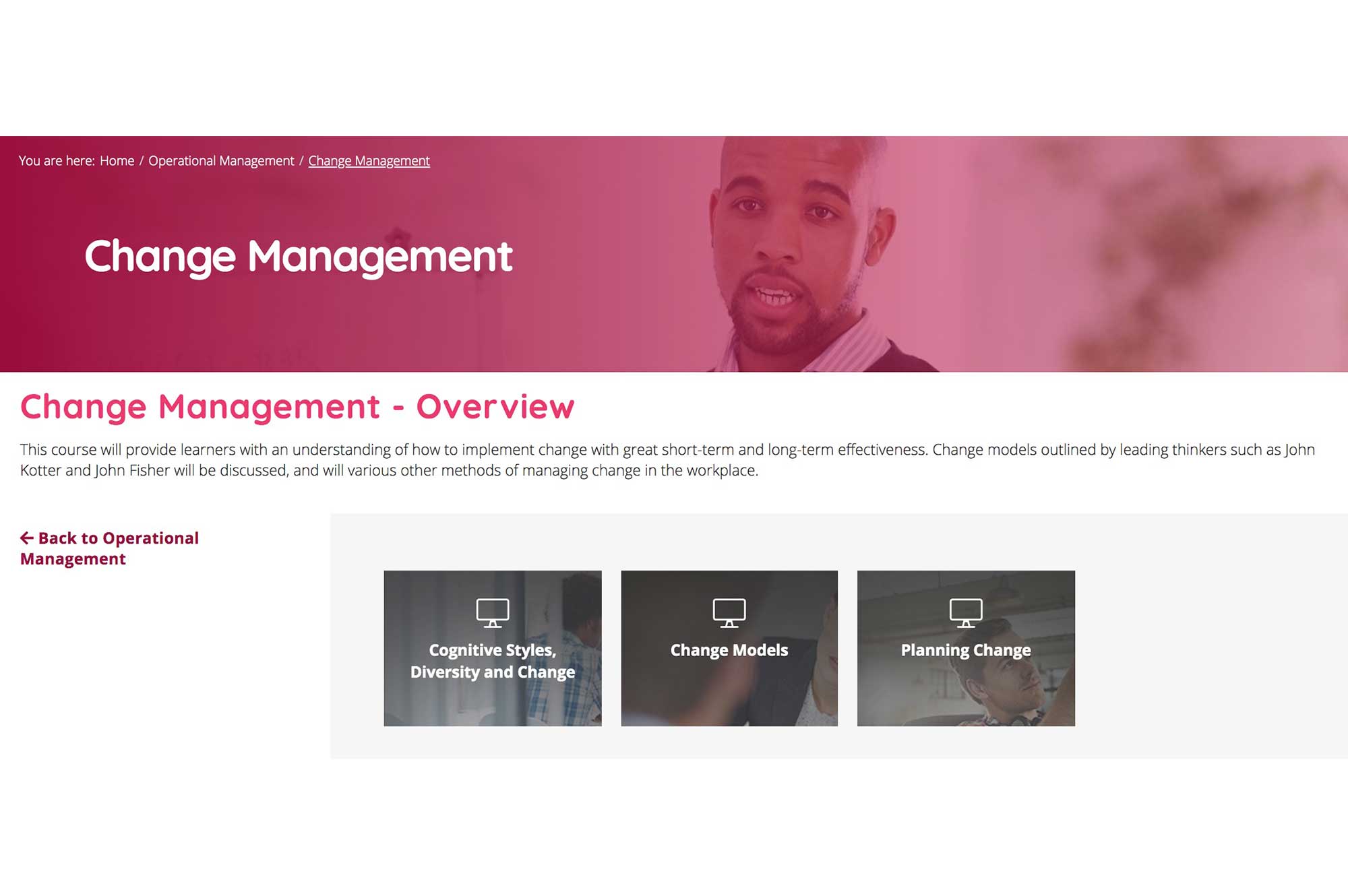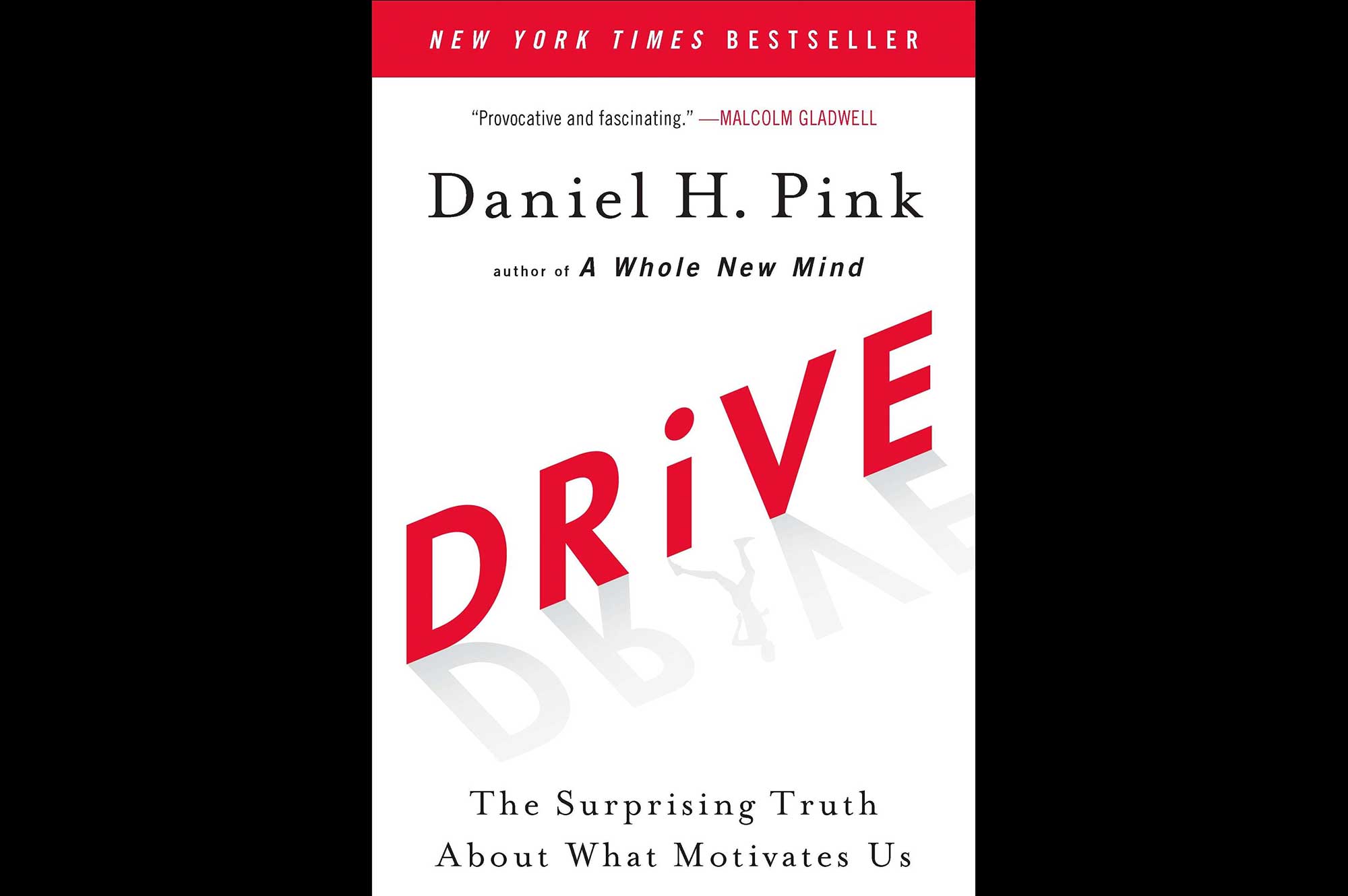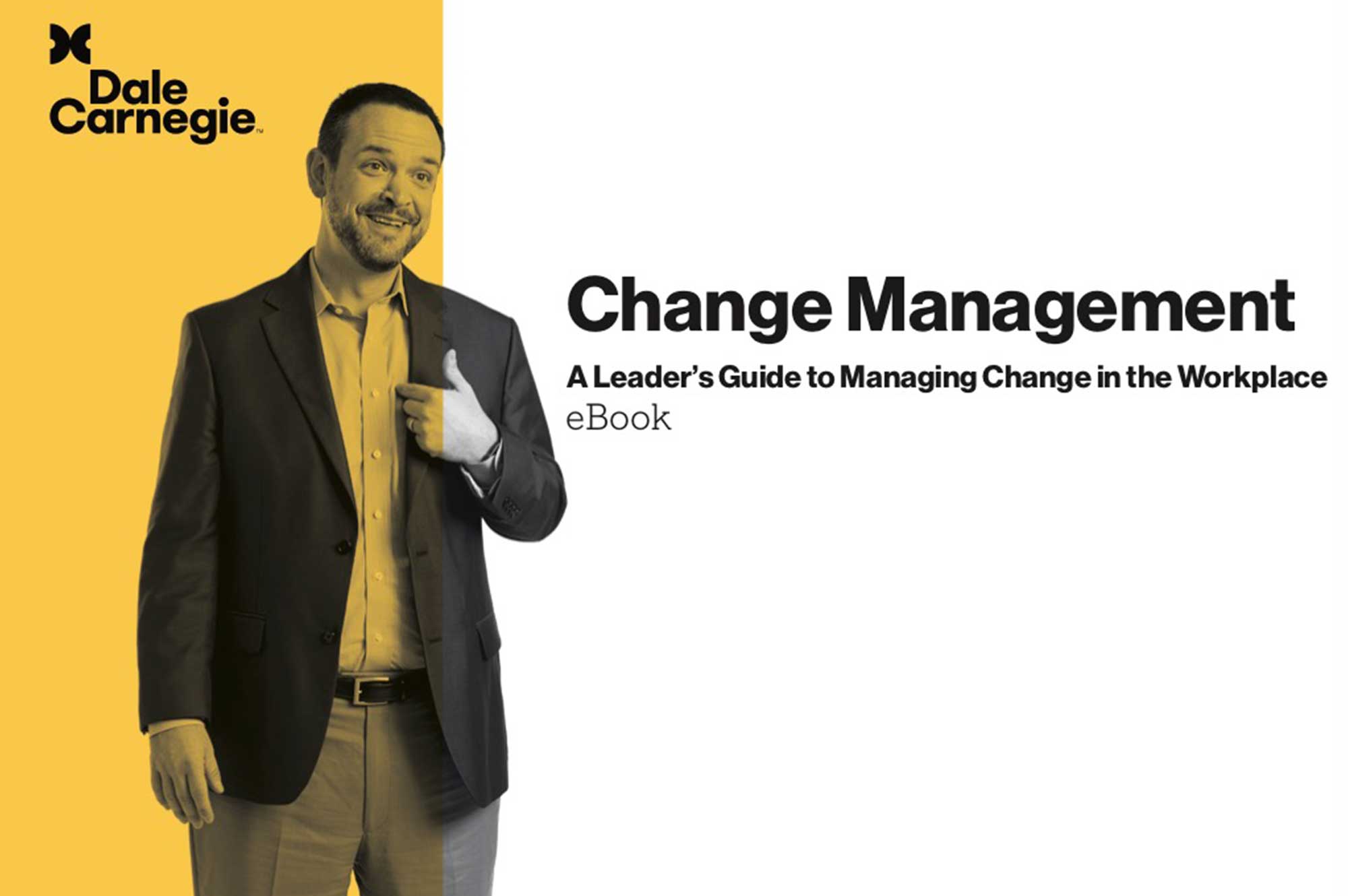Change management is a structured approach to ensuring that changes are thoroughly and smoothly implemented, and that the lasting benefits of change are achieved.
The focus of change management is on the wider impacts of change, particularly on people and how they move through the process of change.
To manage change successfully it is important to consider the impact on individuals affected by it and what will be required to support them on their journey towards working and behaving in new ways.
There are three levels of change management:
- Individual Change Management: This level of change management requires an understanding of how people experience change. Leaders who can effectively manage individual change are skilled in communication, and understand the timing, coaching, training, and reinforcement required to support individuals through the change process.
- Organizational Change Management: This level of change management considers the steps and actions that are required at a project level to support the hundreds or thousands of individuals that might be impacted by a project. Organizational change management involves identifying the groups and people who will need to change as the result of a project, and how they will need to change. It then involves developing strategies and plans to support the change.
- Enterprise Change Management: This level of change management is a competency that allows an organization to effectively adapt to an environment of constant change. Enterprise change management references an organization where effective change management is embedded in roles, structures, processes, projects and leadership competencies. When Enterprise Change Management is embraced, an organization can respond to change more rapidly and with less impact to productivity.
Successful change management techniques ease transition from the old to the new while ensuring that staff feel supported and remain engaged throughout the change process.
These courses are ones recommended by B.C. Corrections to fulfill the competencies for the topic of Managing Change.
The Leadership Skills Inventory is a self-assessment booklet designed to help you assess your leadership skills based on five areas
Look here for a random selection of additional audio, video, and readings to expand an understanding of Managing Change.
We are told or often tell others that Change is Good, but many employees suffer from so much exposure that they experience 'change fatigue'. In this Center for Creative Leadership article find four steps to overcome this syndrome (online article).
This online self-paced course from BusinessBalls.com provides a concise overview of change management.
In this best-seller Daniel Pink shatters the conventional wisdom of motivating workers by offering personal gain. His research and stories demonstrate that people are motivated much more deeply by desires to be in charge of their own lives, to be creative and learn, and to make the world a better place (Book).
Use this eBook as a leader to understand change and apply with employees the Dale Carnegie Training Change Model.
Organizational change expert Jim Hemerling outlines five imperatives, centered around putting people first, for turning company reorganization into an empowering, energizing task for all (TED Talk).






